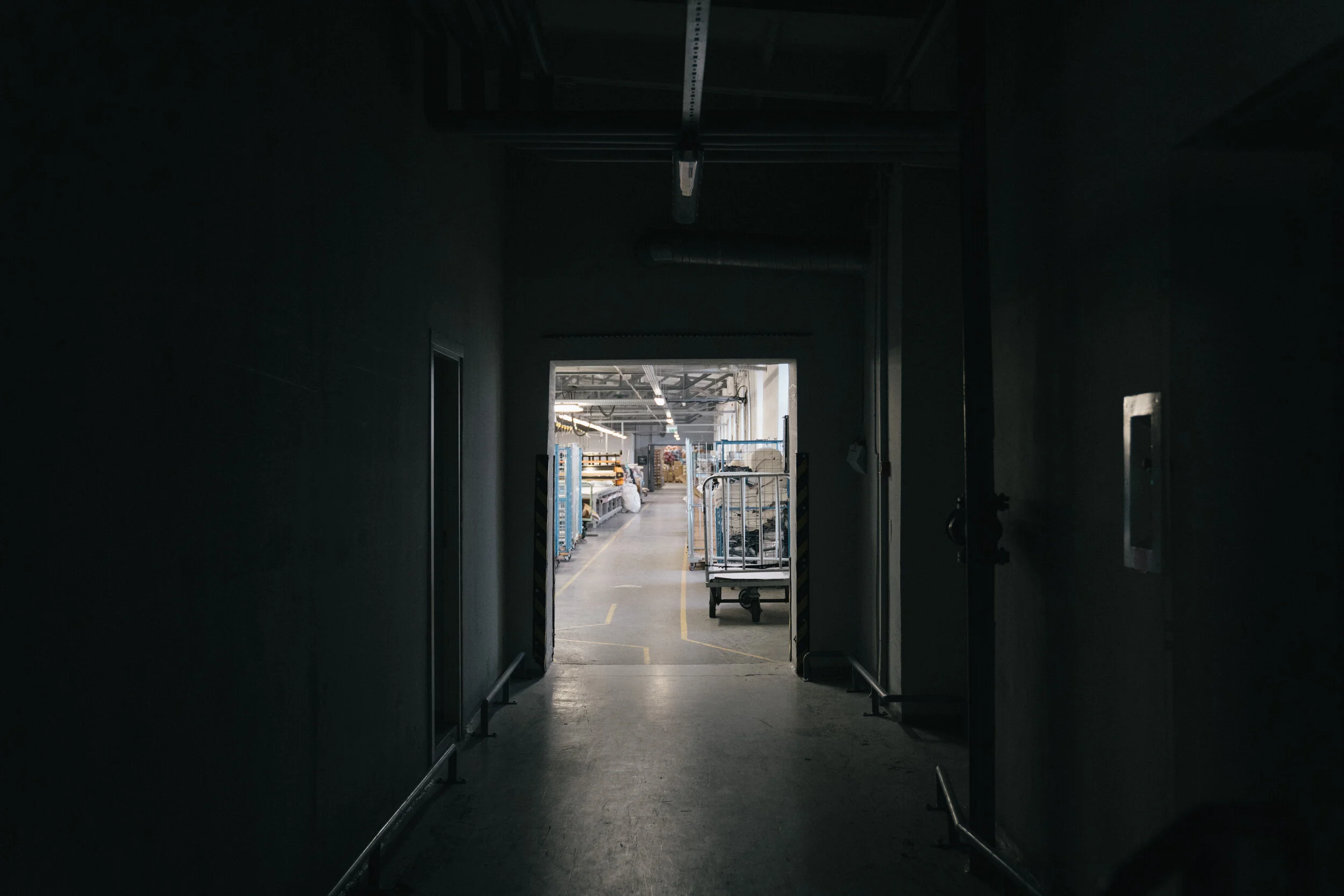Our Outlook
Time to read 4 min
Cart
Your cart is empty
Time to read 4 min
Sorry, no pretty pictures this time; Looking to address some of the most common questions we receive on a daily basis, we sat down with Universal Colours’ Lead Designer Will for an honest, unpolished conversation about clothing production.
Globally. We have partnered with LTP, one of Europe’s most renowned sportswear manufacturers known for producing clothing for many of the world’s most established and advanced brands. We also carefully handpick suppliers across the world that are masters in their specific field when it comes to production.
Again, globally, two examples being Miti in Italy and Payen in France. To keep our carbon footprint to a minimum, we try to select fabrics that are manufactured within the same region as the factories. As it stands, this is true about 90% of the time, but when this cohesion isn’t possible or compromises the end result, we will of course ship our materials.
Yes, in order to end up with the best possible outcome it is imperative to work closely with the manufacturer. Engineering a superior fit requires face-to-face interaction and it is important for us to build and maintain personal relationships with the people making our apparel. Our factories are our best friends.
Where possible we seek out the certification to show the best possible working practices from both an ethical and sustainable perspective. While this information is certainly useful and provides peace of mind, I find there is no substitute for visiting the factories, talking to the staff and opening a dialogue about the issues that can be associated with clothing production.
We are a performance-led brand and while there are some materials out there that provide as good, or better, performance than non-recycled fabrics. There is still work to be done to ensure all recycled fabrics can be as highly performing and durable as we need. The industry on a wider scale is not yet ready to replace all performance yarns with recycled alternatives. We are constantly challenging and pushing our suppliers to create recycled or bio-based yarns that perform as well, or better, than virgin materials.
Also, as a brand, we aren’t always looking at sustainability from the perspective of using recycled raw materials. Ultimately we are also looking to ensure durability. As cyclists ourselves we understand that our kit has a tough life through repetitive use and washing, and ensuring our kit is durable is as important to the wider sustainability issue as the production itself.
Due to cycling wear being form-fitted, most fabrics are either woven or knitted using a form of elastane. Currently, it is very difficult to separate the elastic out of the polyester, making it very difficult to process. There will be a time when this is doable, but until then, only 100% recycled polyester garments can be recycled themselves. This theoretically will then close the loop – the holy grail of clothing production.
Yes! Our Spectrum Light Short Sleeve Jersey is made from approximately 15 x 500ml waste plastic bottles.
Financially, yes, it has an impact on baseline costs. But as a team, we have our ear to the ground, constantly searching out pioneering fabrics. This makes our design process much more time-consuming and involved, which increases the amount of physical time and human energy required to make our kit.
We are working towards a repair system and also a process where any clothes beyond repair will be repurposed and never go to waste. We will keep you posted on these developments.
Yes, we are proud to be part of 1% for the Planet. This means that we contribute 1% of our annual profits to environmental causes to help protect our planet.
No, not at all. We welcome any brand that can question their position on sustainability. A communal effort will ultimately help drive the wider industry towards better practices. That being said, we never came to the table looking for sustainability to be our USP, it should be a core pillar of any new brand that comes to market.
Yes, all our packaging is recycled including smaller details like the hanging loops on our swing tags that are made from 100% post-consumer waste plastic. We encourage our customers to recycle all our packaging themselves once they are finished with it. We also now use compostable packaging as well.
It is important to use a credible source for all recycled yarns. The industry is now set up to monetise and manipulate consumers through greenwashing. We only select yarns that are accredited and of high quality.
For our winter collection, we are using merino wool sourced from a bluesign® accredited mill. Wool is sustainable and does biodegrade, it also has natural antibacterial properties to it, meaning it can be worn for longer between washes, increasing its lifespan.
The brand is an idea that has been formed around the core values we believe in as a team. This includes an open and transparent approach, being progressive in vision and design, and being considerate without ever compromising the performance of our garments. Every decision made is scrutinised to ensure we are doing what we can. Compromise isn’t something we take lightly. However, every day brings new challenges and the journey of the brand helps us evolve as people, improving our best practices. I’d like to think that as a brand we are being honest and engaged with our community. We encourage everyone who is interested in our journey to help us find new ways of working that are authentic, creative and respectful.


